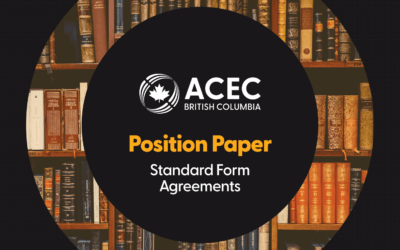The purpose of this document is to provide a resource to Consultants in the area of intellectual property protection. These guidelines can be used in developing project agreements with Clients.
Consultants are retained by Clients to provide innovative, cost-effective and specialized solutions. One potential outcome of this business relationship is a desire by the Client to retain ownership of more than the deliverables generated by the Consultant’s activities.
In certain instances, the Client may seek to retain ownership of the intellectual property contained within the work product.
One of the Consultant’s primary concerns with giving up ownership to the work product is the potential exposure to liability that stems from the unauthorized use of the Consultant’s work product. This concern arises primarily from the possibility that the work product may be used for an addition to the project, or a new project, for which it may not be suitable. The Consultant may also have incorporated a patented design into the work product and will therefore be concerned with its unauthorized re-use on another project. The Consultant may also want to retain ownership in order to receive credit and recognition; Consultants who have worked on a project may wish to make copies of the work product to show prospective employers and Clients.
There is seldom a need for a Client to obtain the intellectual property rights, provided that the Client may use and reproduce the deliverables for the purpose of the project.
Generally speaking, contract language should ensure all intellectual property developed or created in conjunction with delivery of the Client services by the Consultant, its agents, employees and subconsultants remains the property of the Consultant.
If the Consultant wishes to transfer intellectual property rights to the Client, or grant to the Client a license to use any intellectual property outside the scope of the project, the Client should compensate the Consultant commensurate with the value of the rights being transferred or licensed.




